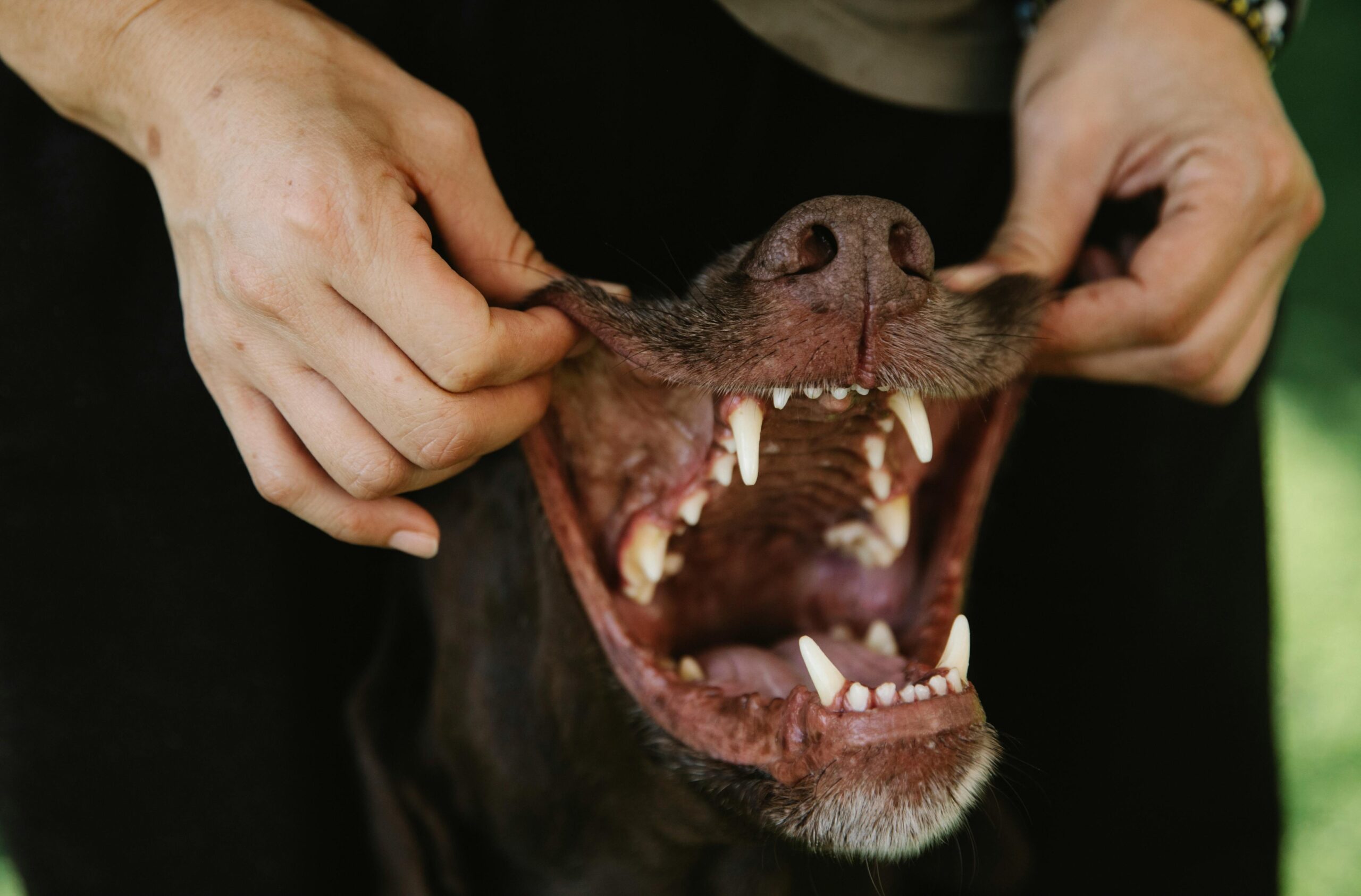Comprehensive Guide to Pet Dental Care Houston
Pet dental care is often overlooked but plays a crucial role in your furry companion’s overall health. In Houston, with its growing population of pet owners, understanding and applying proper dental care practices is more important than ever. This guide will walk you through everything from the basics to advanced applications of pet dental care in Houston, empowering you to make informed decisions for your pet’s health.

Understanding the Fundamentals
Pet dental care refers to the maintenance of your pet’s oral hygiene, including the prevention and treatment of dental diseases. In Houston, where pets are cherished family members, dental care is a growing concern among responsible owners.
Without proper attention, poor dental health can lead to serious issues like tooth decay, gum disease, and infections that may spread to vital organs. Maintaining your pet’s dental hygiene is as essential as regular grooming or vaccinations.
1.1 Importance of Pet Dental Hygiene
Good dental hygiene prevents periodontal disease, the most common dental issue in pets. Studies show that over 80% of dogs and 70% of cats have dental disease by age three. This statistic is a wake-up call for Houston pet owners to be more proactive.
Oral health impacts more than just your pet’s mouth—it affects their heart, liver, and kidneys. Pets with clean teeth are happier, more energetic, and live longer lives.
1.2 Warning Signs of Dental Issues
Common signs of dental problems include bad breath, bleeding gums, loose teeth, and difficulty eating. If you notice any of these in your pet, consult a Houston-based veterinarian immediately.
Misconceptions like “pets don’t need dental care like humans” are dangerous. Just like us, animals accumulate plaque and tartar, which leads to health issues when left untreated.
Practical Implementation Guide
Now that you understand the importance of pet dental care, it’s time to apply this knowledge in a practical way. With consistency and the right tools, you can drastically improve your pet’s oral hygiene in Houston.

2.1 Actionable Steps
- Start Brushing Early: Use pet-specific toothbrushes and toothpaste. Begin when your pet is young to establish routine comfort.
- Use Dental Chews and Toys: These can help reduce plaque buildup while keeping your pet engaged.
- Schedule Professional Cleanings: Visit your Houston vet annually or bi-annually for a thorough dental checkup and cleaning.
2.2 Overcoming Challenges
Some pets resist brushing or have sensitive gums. Try flavored toothpaste to make the experience enjoyable. If your pet becomes aggressive, seek help from a trained professional.
Watch for these warning signs:
- Red or swollen gums
- Unusual drooling
- Pawing at the mouth
Experts recommend patience and positive reinforcement. Gradually increase brushing frequency, and always reward good behavior.
Advanced Applications
For pet owners seeking next-level dental care in Houston, advanced treatments and technologies are now widely available. These solutions are ideal for pets with recurring dental issues or older pets requiring specialized care.

3.1 Ultrasonic Scaling and Polishing
This professional-grade cleaning method removes plaque and tartar beneath the gumline. Vets in Houston use ultrasonic tools to clean thoroughly, followed by polishing to smooth the tooth surface and delay future buildup.
Pets undergoing these procedures often show dramatic improvement in both oral health and energy levels. Recovery is quick, and anesthesia is typically used for safety and comfort.
3.2 Dental Radiographs and Surgery
Digital X-rays help identify issues beneath the gums that aren’t visible to the naked eye. This technology is increasingly common in modern Houston veterinary clinics.
Some pets may require surgical tooth extractions or gum treatments, especially if dental disease has progressed. These advanced services are essential for full recovery and long-term health.
Future Outlook
As awareness grows, pet dental care in Houston is becoming a standard practice rather than a luxury. Innovations like smart toothbrushes, probiotic oral sprays, and AI-based dental diagnostics are shaping the future.
To stay ahead, pet owners should remain informed, seek regular dental assessments, and invest in preventive care tools. The future is about personalized pet dental plans designed to maximize quality of life.
Conclusion
To recap, pet dental care is critical for:
- Preventing serious diseases
- Extending your pet’s lifespan
- Improving overall quality of life
Investing in pet dental care in Houston means ensuring a happier, healthier life for your furry friend. Start small, stay consistent, and consult professionals for best results.
Take the first step today: book a dental consultation with your local Houston veterinarian and establish a care routine. Your pet deserves it.
Frequently Asked Questions
- Q: How often should I brush my pet’s teeth? Ideally, daily. At minimum, 3 times a week to prevent plaque buildup.
- Q: How do I start pet dental care if I’ve never done it before? Begin with gentle brushing, using pet-specific products, and slowly build a routine.
- Q: How long does it take to see improvement in my pet’s dental health? Noticeable changes often occur within 2-4 weeks of consistent care.
- Q: How much does professional dental cleaning cost in Houston? Prices range from $150 to $600 depending on complexity and clinic.
- Q: How does home care compare to professional cleanings? Home care is essential but cannot replace deep cleanings offered by a veterinarian.
- Q: Is dental care difficult for older pets? It can be, but with gentle tools and regular vet visits, it’s manageable and beneficial.
- Q: Are there specific dental concerns for different pet breeds? Yes. Small dog breeds and flat-faced cats are more prone to dental issues. Tailored care is essential.
